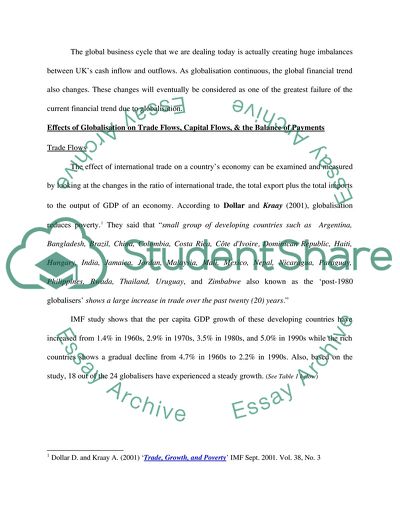Cite this document
(“The Greatest Failure of the Current Wave of Financial Globalisation Essay”, n.d.)
The Greatest Failure of the Current Wave of Financial Globalisation Essay. Retrieved from https://studentshare.org/finance-accounting/1540003-assignment-for-the-subject-international-economics-writer-needs-to-send-me-some-progresses-on-the-29thmarch-for-tutors-permission-in-a-meeting-with-my-tuto
The Greatest Failure of the Current Wave of Financial Globalisation Essay. Retrieved from https://studentshare.org/finance-accounting/1540003-assignment-for-the-subject-international-economics-writer-needs-to-send-me-some-progresses-on-the-29thmarch-for-tutors-permission-in-a-meeting-with-my-tuto
(The Greatest Failure of the Current Wave of Financial Globalisation Essay)
The Greatest Failure of the Current Wave of Financial Globalisation Essay. https://studentshare.org/finance-accounting/1540003-assignment-for-the-subject-international-economics-writer-needs-to-send-me-some-progresses-on-the-29thmarch-for-tutors-permission-in-a-meeting-with-my-tuto.
The Greatest Failure of the Current Wave of Financial Globalisation Essay. https://studentshare.org/finance-accounting/1540003-assignment-for-the-subject-international-economics-writer-needs-to-send-me-some-progresses-on-the-29thmarch-for-tutors-permission-in-a-meeting-with-my-tuto.
“The Greatest Failure of the Current Wave of Financial Globalisation Essay”, n.d. https://studentshare.org/finance-accounting/1540003-assignment-for-the-subject-international-economics-writer-needs-to-send-me-some-progresses-on-the-29thmarch-for-tutors-permission-in-a-meeting-with-my-tuto.


